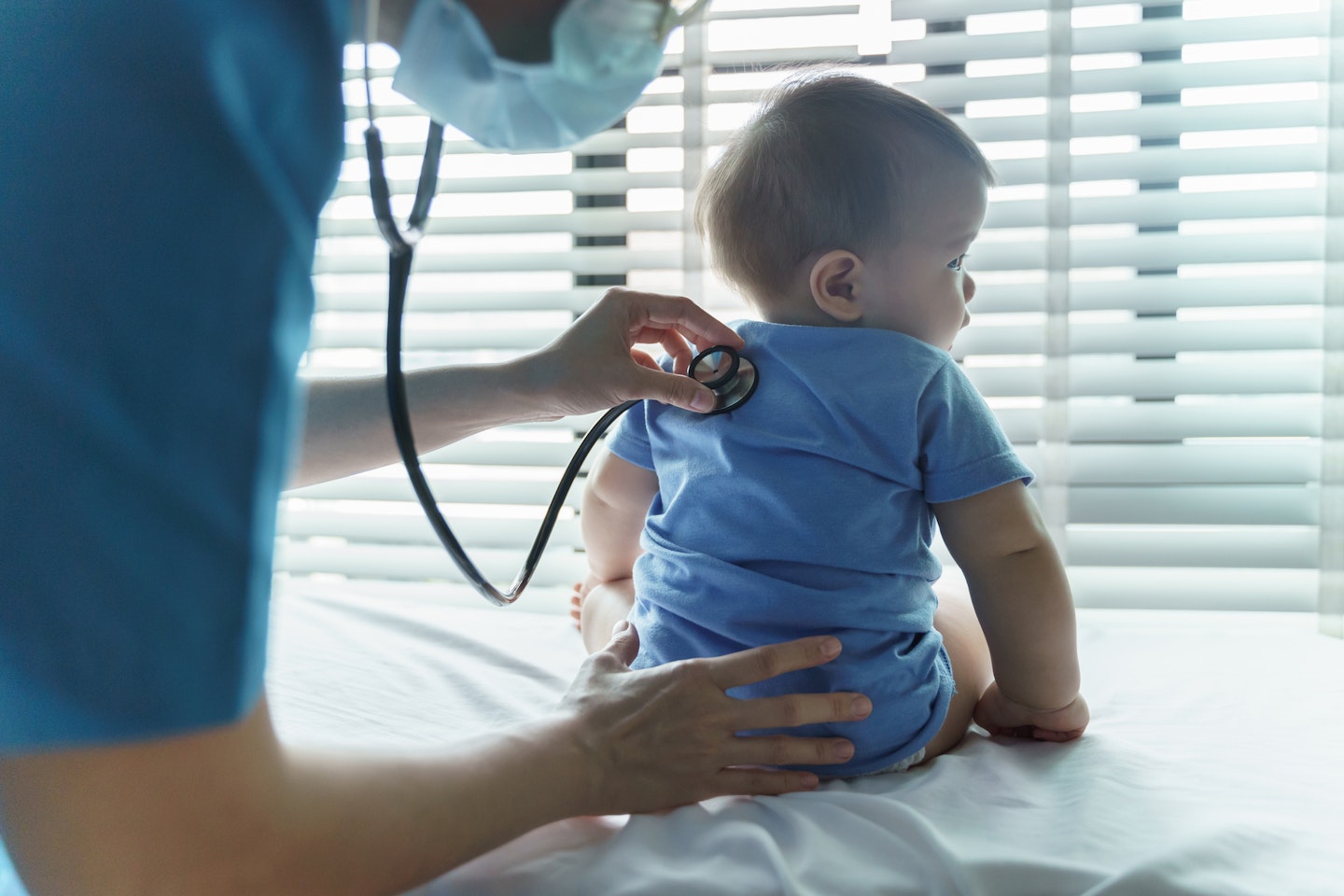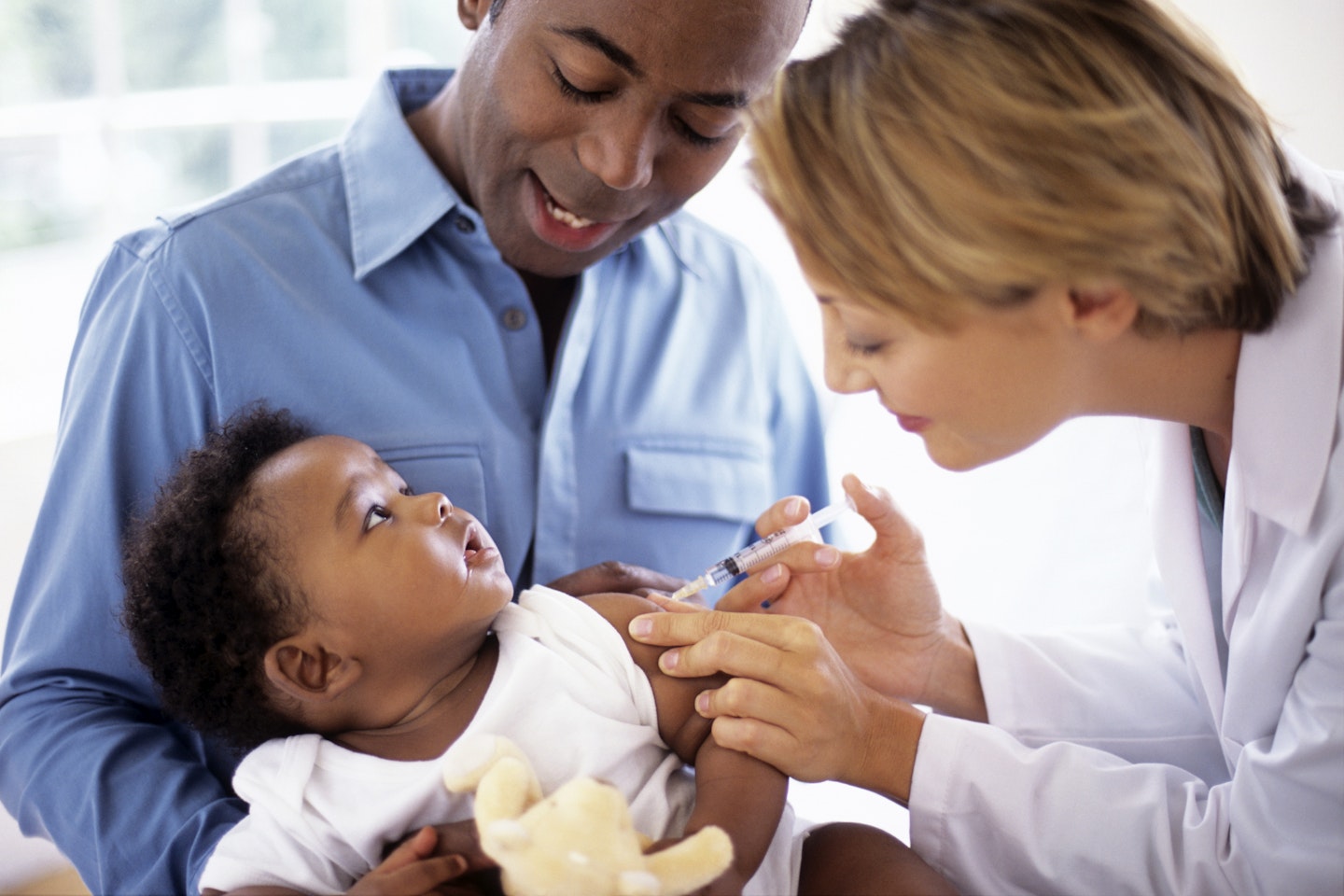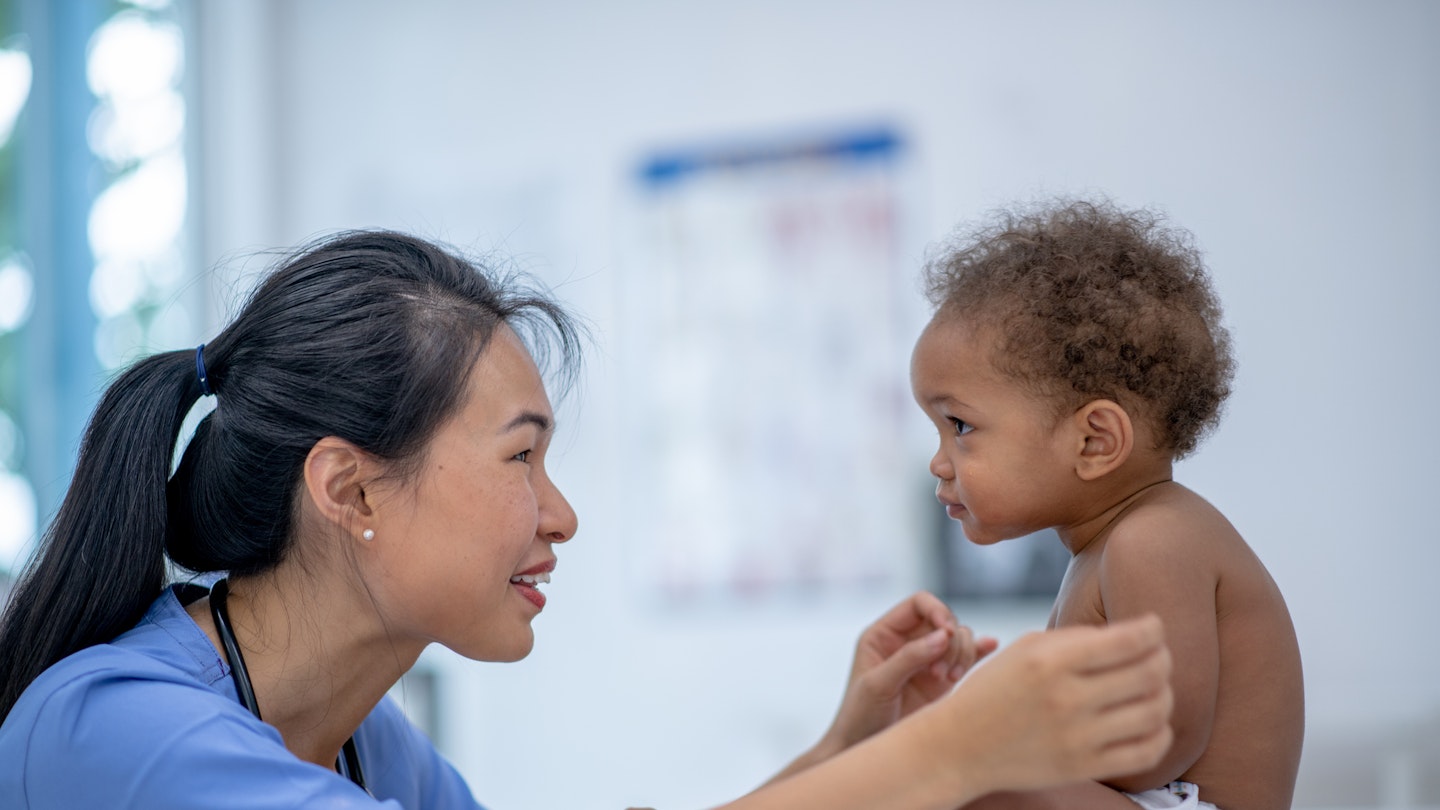Sepsis in babies is a dangerous reaction to an infection. It happens when the immune system triggers to an infection and starts to damage their body's own tissues and organs.
Who is it most likely to affect?
This can affect anyone at any time, and tends to hit the very old and young, especially newborns and young infants, who can be the most vulnerable. Those with serious health issues are also at a higher risk, and without treating it on time sepsis (sometimes called Septicaemia or Septicaemia) can lead to tissue damage, organ failure, and death.
According to the NHS it needs urgent treatment in hospital right away because it can get worse extremely quickly. As this is life threatening and depending on your symptoms, you may need to under-go tests and treatments such as: getting treatment in an intensive care unit, a machine to help them breathe properly (ventilator), surgery to remove areas of infection, and may need to stay in hospital for a couple of weeks.
How is it diagnosed?
Blood poisoning can be lethal, and your child will need to be admitted to hospital as quickly as possible. The doctor will try and find out: what infection caused the blood poisoning, the type of infection is in the bloodstream and how serious the body has been affected.
Blood tests will be taken to find out what is causing the infection. Other medical tests such as x-rays, scans and kidney, liver and heart function tests may need to be conducted to see how other parts of the child’s body have been affected too.
If my baby is showing symptoms, what should I do?
Parents must seek medical help immediately, if they think their child has an infection that is not getting better or is worsening. Sepsis in babies may have been led by an infection such as a urinary tract infection, pneumonia, or a skin or bone infection.
What are the risk factors?
All babies can develop sepsis, though some are at higher risk than others.
Risk factors include:
-
Being below the age of 1 years old.
-
A premature birth
-
Baby’s biological mother having an infection during pregnancy
-
A weak immune system or other underlying health conditions.
-
Organ dysfunction in multiple organs

The signs and symptoms can include a combination of any of the following:
The NHS also advise that if a baby or young child shows any of the symptoms below, you should call 999 or get in contact with A&E immediately.
-
Blue, grey, pale or blotchy skin, lips or tongue – on brown or black skin, this may be easier to see on the palms of the hands or soles of the feet
-
A rash that does not go away, when you press a glass over it, quite similar to meningitis.
-
Having a tough time breathing (grumbling noises or their stomach sucking under their ribcage), panting or breathing quite rapidly.
-
A frail or loud cry that's doesn't sound like their normal cry.
-
Not being active like they normally are, or not wanting to feed or join in activities.
-
falling asleep than normal or finding it hard to wake up.
Bear in mind, they may not have all these symptoms.
According to Great Ormond Street Hospital Septicaemia is another term used to describe blood poisoning. It is an infection caused by large amounts of bacteria entering the bloodstream and sadly affects thousands of patients every year.
If it is a serious case of blood poisoning then the child will have to stay in hospital and be given antibiotics. This is when antibiotics are transferred into the bloodstream via a tube in a vein.
In the most severe situations the child may also need medication to cure low blood pressure and be supported by machines to help assist their organs function better.
What can I do to prevent this infection?
There are few things you can do to stop the risk of infection:
-
To reduce the risk of wounds and burns becoming infected, keep them cleansed and treated properly.
-
Seek medical treatment for any mouth infections and boils.
-
Keep up to date with the child’s immunisations.
-
Ensure your child eats a healthy diet and exercises regularly in order to keep their immune system strong.

Remember, anyone who sees signs of sepsis in their baby, or a baby in their care, should call 999 straightaway. Sepsis can produce a quick relapse in health. Without speedy medical care, the situation can be serious.
Mummy to a little girl, Adejumoke Ilori is Commercial Content Writer for Mother&Baby. With a BA hon in Creative Writing, she has worked for digital platforms, where she has empowered women from the inside and out, by sharing real life stories based on relationships, loving yourself and mummyhood.
